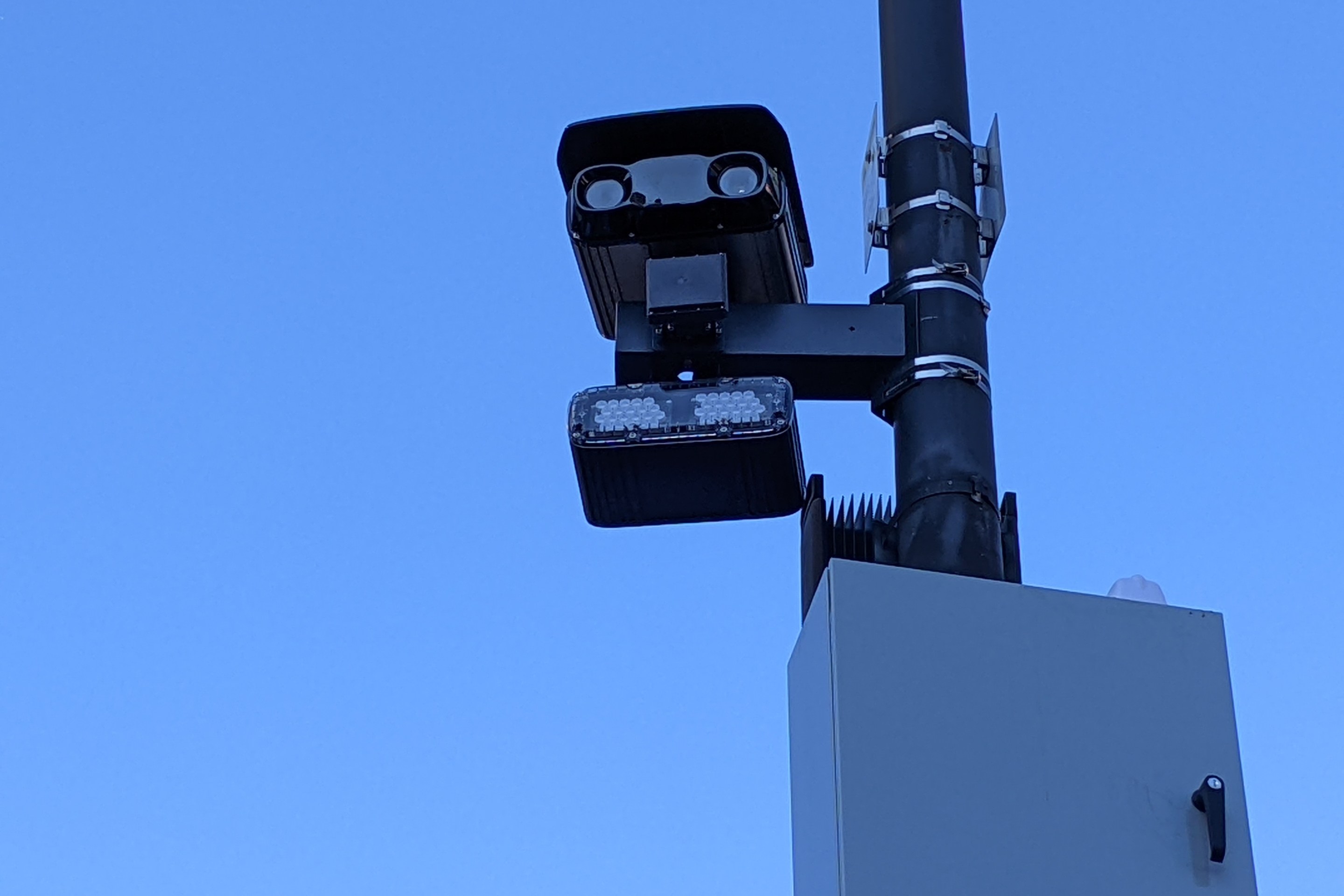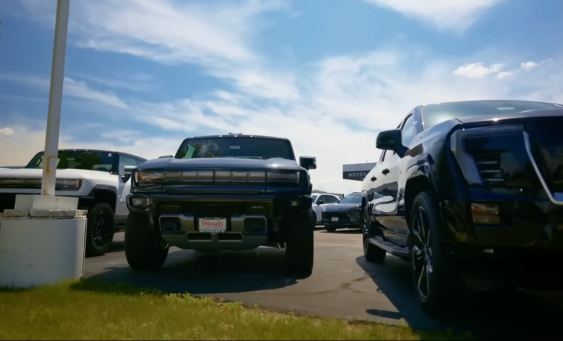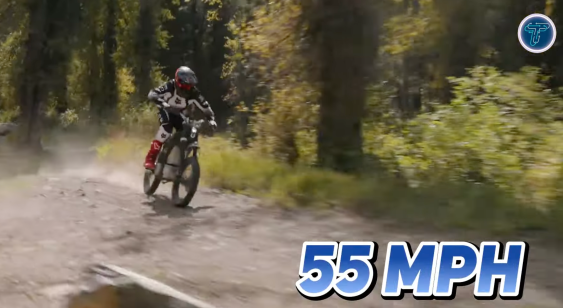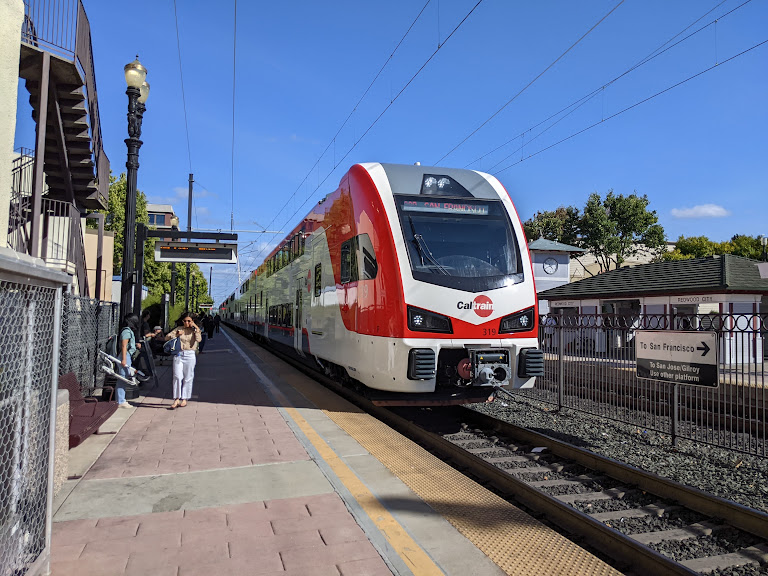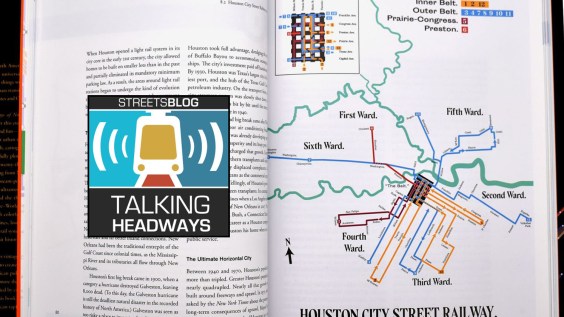 Flickr photo: Dear Knucklehead
Flickr photo: Dear KnuckleheadThe Oregon Legislature has flushed an effort to bring the Idaho rolling stop law to that state. It's a bit of a surprise, given both the simple and proven efficacy of allowing cyclists to make rolling stops, as well as Oregon's big reputation as a bastion of cycling sanity. I've been an "outlaw bicyclist" for 30 years in San Francisco, running stop signs and red lights routinely. The design of traffic laws and the engineering of our roads are focused on automobile throughput, parking-and-shopping, and not much else.
Those of us who have embarked on a generation-long effort to reinhabit the urban environment, partly by daily cycling, have had to refashion the streets through our own patterns and habits. Rather than acquiescing to "the law" or to self-defeating rules, we've made safe but creative use of the rights of way. When I come to a stop sign, it's always a yield, unless there is cross traffic there ahead of me, or if there's a cop waiting to nab me. (I've only been ticketed a couple of times in 30 years, mostly because I never cause anyone danger or inconvenience by my behavior.) If I come to a red light, depending on how far I can see the cross traffic, I'll either stop or pause, and proceed if the coast is clear.
The safest place for me is on the OTHER side of that red light, where the road is empty. Waiting to start on the green with the automobiles is to remain shunted to the unsafe corridor between parked cars and moving traffic, and often enough, being threatened by a right-turning car. You'll end up spending most of your urban cycling time in hazardous narrow corridors anyway, but whenever you can get into an open road without moving cars alongside, you're safer. It's self-evident! It's also helpful to be pedaling ahead of traffic, keeping a healthy distance from the door zone, where approaching motorists can see you clearly and make adjustments to accommodate our presence on the road.
Over a decade ago, I wrote a flyer that I distributed at Critical Mass. It was inspired by a frustrating conversation I had with a woman when we found ourselves side by side on our way to a memorial at 24th and Valencia where a cyclist had been flattened by a bus some days earlier:
As I was riding to the memorial for the woman killed at 24th and Valencia, I got a dose of bicyclist moralism. (I have been riding my bike, mostly as a commuter, in SF for the past 19 years, and I’ve only worn a helmet a half dozen times at most. So far I’ve avoided any serious accidents.) I turned to some unknown cyclists with me in the left turn lane from Market to Valencia, and asked if they were heading to the memorial, and a helmeted-woman immediately informed me in that tell-tale "tsk, tsk" tone of voice, that the accident victim "hadn’t been wearing a helmet." I took offense at this blaming of the victim, and said as much, leading to an alienating and inconclusive exchange regarding the individual responsibility to wear a helmet.
Most bicycle accidents cause injury that a helmet cannot help, but still many cyclists share the mass media bias that says "if you’re not wearing a helmet, you have given up your rights to complain about an accident or the injuries you may have received." I find this absurd and offensive.
It’s not a moral imperative to buy a commodity that offers meager protection in order to be critical of a ridiculously hostile road structure. You don’t deserve to die, or even suffer injury, just because you refuse the "common-sense Consumer Duty" to buy and wear a helmet. Road engineering today guarantees serious accidents between bikes and cars, and of course, cars and cars. You may survive a slightly higher percentage of these predictable and designed "accidents" wearing a helmet, but you are reproducing an insidious logic when you criticize bare-headed cyclists. It is terribly false to place the onus for traffic safety on the individual vehicle driver, whether car or bike. The system is designed in such a way that it is entirely predictable that many thousands of people will die in the "normal" course of events on America’s roadways. Cyclists who ride without helmets do not thereby deserve the fate handed out by the unforgiving streets of America.
This is one example of a moralistic acquiescence to the status quo that blocks some bicyclists from seeing the radical implications of bicycling. Another example presents itself in the ongoing tussle between advocates and opponents of bike lanes. Bicyclists against bike lanes believe that the best way to improve conditions for bicycling is by bicyclists becoming able to ride as an equal among cars on regular streets. Rather than changing roads and rights-of-way, they hold individual cyclists responsible, insisting they learn to behave as cars, moving as fast as autos through normal city traffic. For a large majority of real and potential bicyclists, this is physically impossible and socially undesirable.
Bike lane opponents seem to think that everyone should be like them. Often these folks claim inspiration from the theory of "Effective Cycling" (John Forester). They embrace cycling with a near-religious fervor and feel passionate about its "natural" superiority as a mode of transit in terms of energy and thermodynamics. Ten thousand hours of experience qualifies you to claim the status of "effective cyclist," a status for which rather few of today’s urban cyclists would qualify.
I prefer the label "Republican Efficiency Freaks" (REFs) for this crowd, who curiously seem to think that the only cyclists who are a worthy political constituency are those who conform to their standards of law-abiding behavior and thermodynamic efficiency. Arguing against bike lanes out of some strange paranoia, they claim that bike lanes will ghetto-ize cyclists into those areas only. Additionally they have argued that with a system of separate bike lanes we will see MORE bike-car accidents because of the confusion that exists at all intersections of bikeways and car streets. (2009: All you can say to this is, "Copenhagenize It!")
We will never be banished from city streets! There are too many of us already, and after a new bikeway system, our numbers will quintuple again. Bike-car accidents are already awful. We need a big public education program about new patterns and priorities, accommodating bicycles, wheelchairs and pedestrians, improving public transportation performance, and so on. A network of bikeways is what will encourage many more people to start riding. The most common reason people have for not cycling is their legitimate fear of being killed on the streets by cars.
The attempt to make individuals responsible for a socially-imposed madness is not just foisted on us by our obvious opponents. Unfortunately, those of us in the "bicycling community" spend all too much time fending off the same kinds of blame-the-victim mentalities from within our ranks. But this kind of petty moralism and political self-defeat cripples our utopian imaginations. Oppose political arguments that situate the crucial decisions of our predicament at the point of shopping for a helmet, or in our ability and willingness to act like a car when we’re riding our bikes. We want to change life. Bicycling is an affirmative act toward that end.
— Chris Carlsson, Sept. 1998
I heard the SF Bike Coalition was making efforts to send the upcoming Valencia makeover back to the drawing board, in order to get a Copenhagen-style sidepath system installed during the new Great Streets redesign. I hope that's true, and I still, after all these years, yearn for a more comprehensive agenda to remake the city for cycling. We've made some small progress, and soon with the lifting of the injunction we'll see a bunch more white stripes and other modest improvements. But we have to go a great deal further, and if we can generate a compelling vision of a citywide grid of safe, separate, horticulturally designed and artistically adorned cycling paths, we might finally have a goal worthy of the decades of effort that have gotten us this far.
